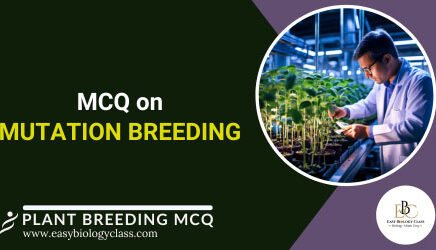
MCQ on Mutation Breeding with Answers (PDF)
Mutation Breeding is the process of using physical or chemical mutagens to induce mutations in plants or other organisms to create new genetic variations. This […]

Mutation Breeding is the process of using physical or chemical mutagens to induce mutations in plants or other organisms to create new genetic variations. This […]
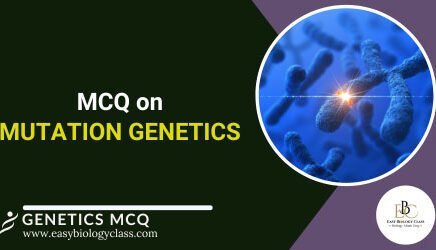
Mutation genetics is the study of changes in the genetic material of organisms, particularly the mechanisms, types, and effects of mutations on DNA. Mutations can […]
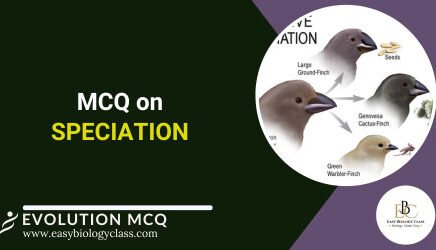
Speciation is the evolutionary process through which new biological species arise. It occurs when populations of a species become reproductively isolated from each other, leading […]
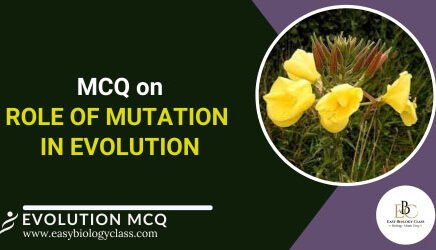
Role of Mutation in Evolution: Mutations are changes in the DNA sequence that serve as the primary source of genetic variation within populations. This variation […]
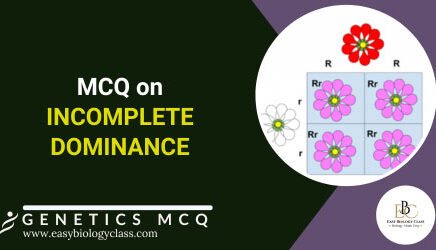
Incomplete dominance is a form of inheritance where the heterozygote exhibits an intermediate phenotype between the two homozygous forms. Unlike complete dominance, neither allele is […]
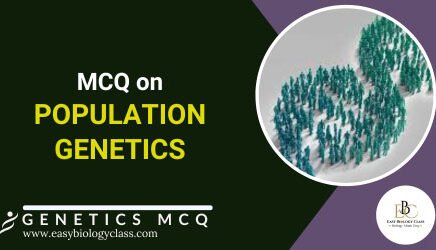
Population genetics is the study of the genetic composition of populations and how it changes over time due to evolutionary processes such as mutation, natural […]
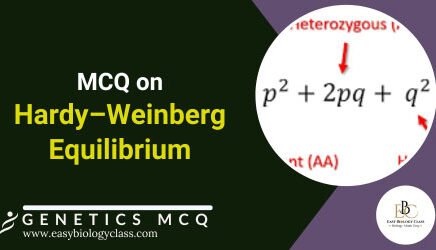
Hardy-Weinberg equilibrium is a principle that describes the genetic composition of a population when allele and genotype frequencies remain constant from generation to generation, provided […]
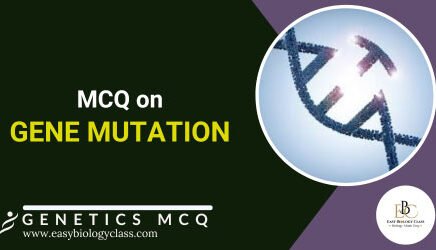
Gene Mutation refers to a permanent alteration in the DNA sequence that makes up a gene. Mutations can occur due to various factors, including environmental […]
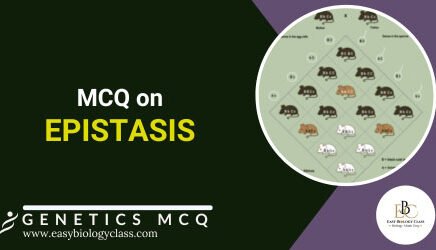
Epistasis is the phenomenon where the expression of one gene is affected by one or more other genes. This interaction can modify or completely mask […]